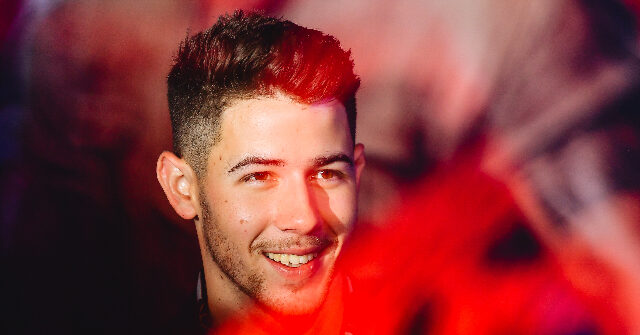Nick Jonas has recently found himself at the center of a social media storm following his supportive comments regarding Elon Musk. Fans expressed their outrage after Jonas tweeted a playful reference to the Jonas Brothers’ hit song “Year 3000” while sharing an image related to Musk. The tweet was a response to Musk’s comment on Tesla’s performance post-Donald Trump’s election, suggesting that he has turned the reputational tide in favor of the company. Jonas’s light-hearted engagement with Musk sparked an intense backlash from a segment of his fanbase, who were alarmed at his apparent alignment with the controversial figure.
The response from fans ranged from disbelief to outright hostility. Some fans took to social media to vocalize their disappointment, with one person even stating, “I used to pray to god to take your diabetes away,” referencing Jonas’s well-known health struggles. Others echoed similar sentiments, recalling their support for him during his diabetes announcement and demanding he retract his tweet. This emotional reaction highlights how deeply personal connections to public figures can lead to intense feelings of betrayal among followers when those figures express controversial opinions or associations.
Criticism of Jonas continued as users labeled him “trash” and implored him to delete the tweet. This outpouring of negativity showcases how social media can rapidly amplify dissent and create a sense of mob mentality. The concern among fans seemed to coalesce around an idea of loyalty; many presumably felt that by engaging with Musk, Jonas was somehow aligning himself with a political and social ideology that they oppposed. Some fans even turned to drastic measures, such as mentioning they would block Jonas, indicating a potential shift in their relationship with the singer.
Amidst the backlash, some users mocked the outrage, suggesting that the reaction reflected a broader cultural divide regarding political allegiances. Supporters of Jonas defended him, arguing that individuals should have the freedom to express support for whomever they wish, irrespective of political connotations. They pointed out that the anger directed towards Jonas seemed overzealous, positing that it illustrated an intolerance among critics. This segment of commenters expressed concern about the way online discourse has evolved, indicating that excessive reactions may undermine the very convictions that critics hold dear.
The contrasting reactions illustrate a more significant phenomenon within celebrity culture today, wherein public figures face increasing scrutiny over their choices and associations. Fans often project their values and beliefs onto celebrities, leading to an intense emotional investment in their actions. For Jonas, this incident serves as a reminder of the potential for backlash when engaging with polarizing figures and how political narratives can affect personal brand dynamics in the entertainment industry. Celebrities increasingly navigate a minefield of public expectations, and any misstep can lead to devastating backlash.
In summary, Nick Jonas’s innocuous tweet has ignited a heated conversation, revealing deep divides among his fanbase concerning political affiliations. The reaction exemplifies the challenges modern celebrities face in maintaining their image while interacting with controversial figures like Elon Musk. The situation underscores the complexities within celebrity-fan relationships in today’s politically charged environment, particularly how social media can amplify dissent and hostilities over perceptions of loyalty and identity. Ultimately, this incident reflects the broader societal tensions that influence the way individuals engage with public figures, highlighting the impact of political and cultural allegiances on fan dynamics.

